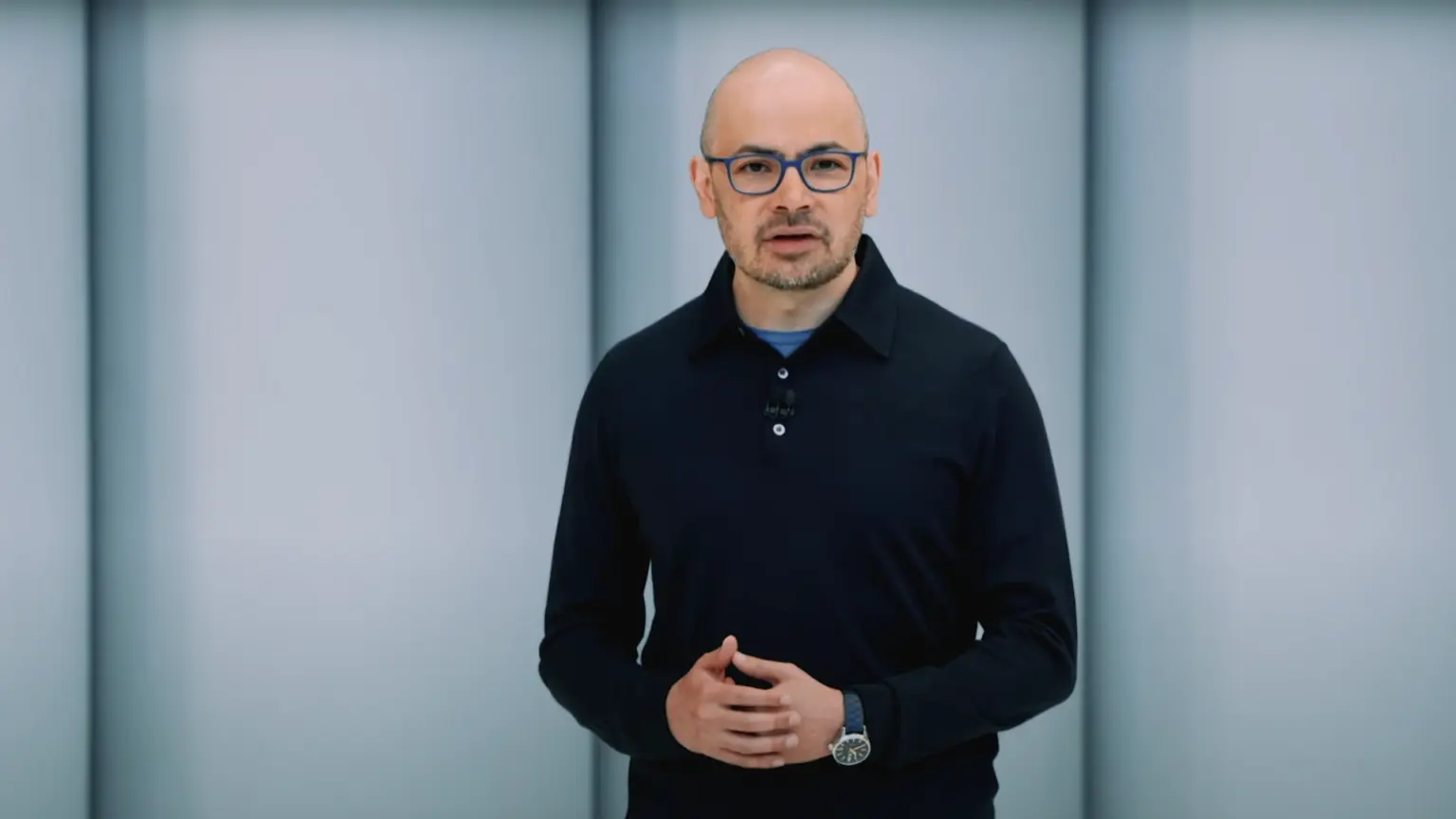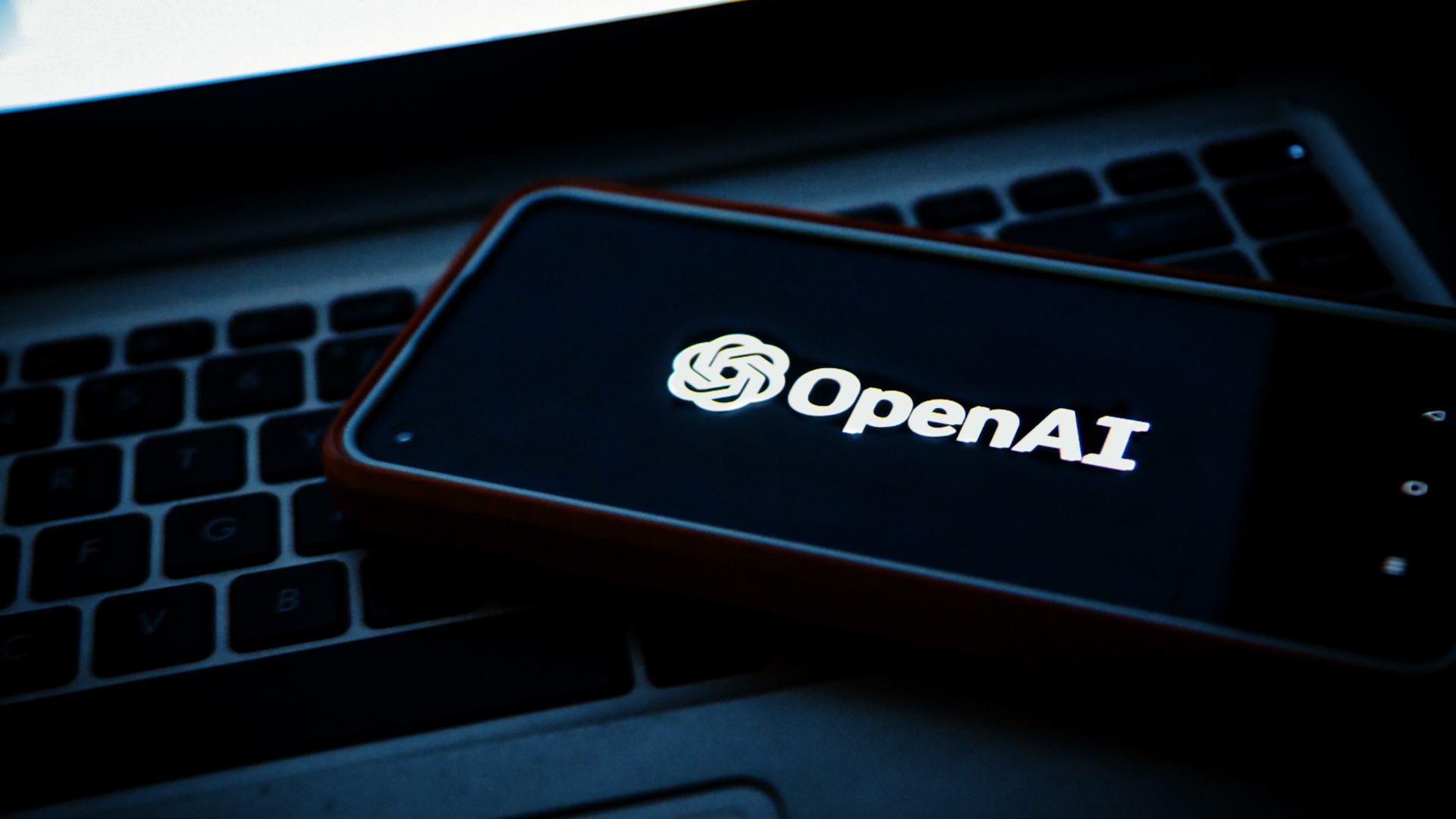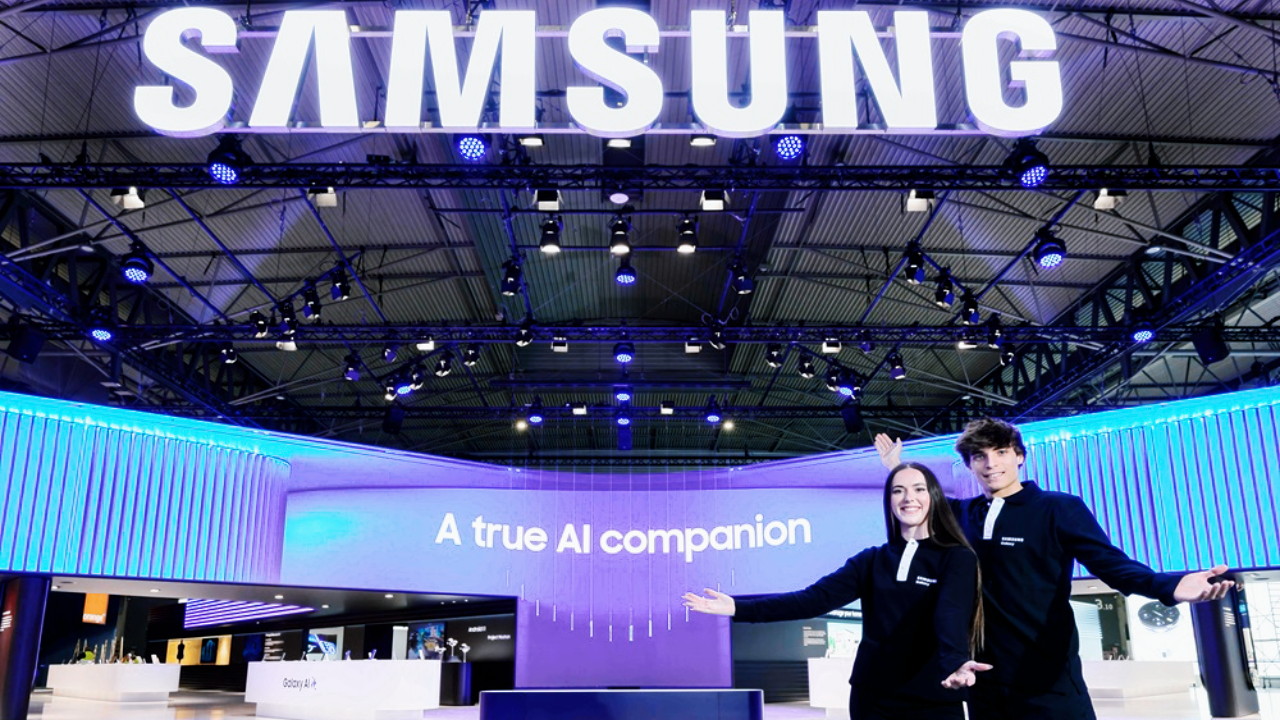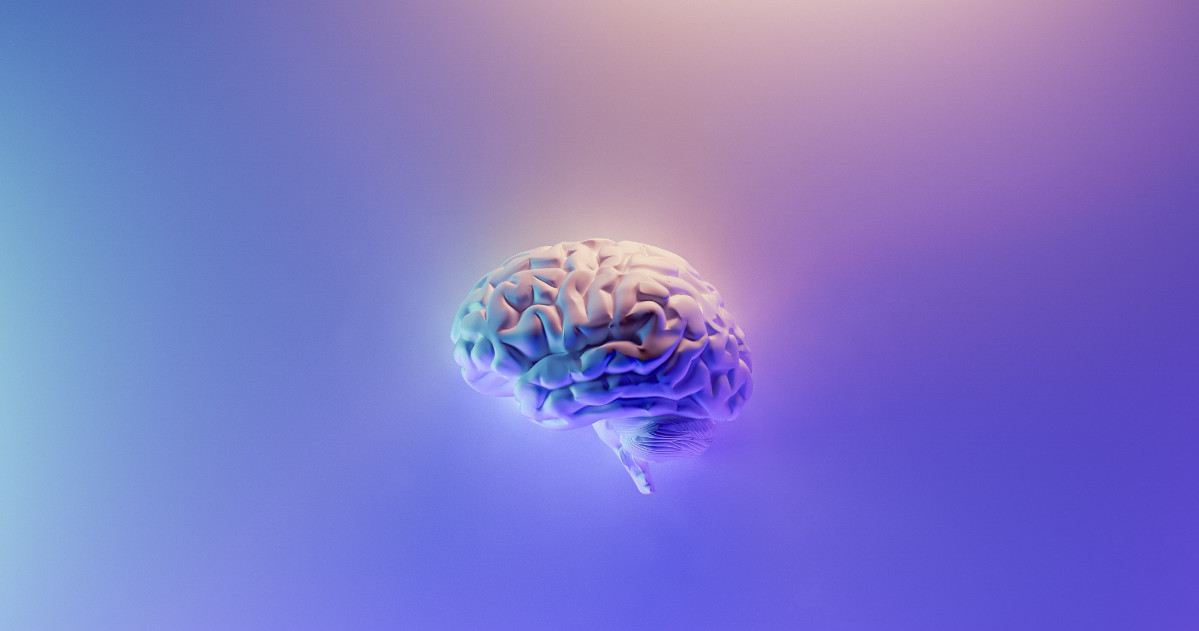In a tech world where an excess of information hype often dilutes the importance of statements, the voice of Demis Hassabis, head of Google DeepMind, sounds like a harbinger of seismic change. In a recent interview, he warns that artificial intelligence will have a huge impact on the job market within five to 10 years. On the surface, it’s another iteration of a familiar narrative. But this time it goes further: it’s a call for immediate action, especially for young people entering the education pathway.
AI as a hallmark of the Alpha generation
Hassabis draws an analogy that hits the nail on the head: the internet has defined the millenials, smartphones have defined generation Z, and generative artificial intelligence is to be the trademark of the Alpha generation. For the latter, this means not just getting used to the next technology, but consciously entering a world where automation, language models and decision-making algorithms will be the primary backdrop of working life.
It is no longer a question of being able to ‘handle’ AI, but of understanding how it works and how it affects the environment. Hassabis points out that AGI – artificial general intelligence – could emerge in less than a decade. Even if this is an overly optimistic forecast, the pace of technological change is already outpacing the ability of educational systems to adapt.
What should students learn?
Hassabis’ answer is not revolutionary, but it is realistic: it is still worth investing in STEM (science and technology) fundamentals, especially programming. At the same time, however, soft skills – cognitive flexibility, creativity, mental toughness – are gaining in importance. They are the ones that are supposed to be ‘harder to automate’.
This shift in emphasis is not new. Already the World Economic Forum’s 2023 Future of Jobs report indicated that up to 44% of workers’ core skills would change by 2027. However, in the context of AI, this gains a new focus – because for the first time, typically intellectual professions are also under threat: data analysis, copywriting and even some aspects of programming.
Reviewing the value of manual skills
Tellingly, Hassabis warns against overestimating purely technical knowledge. Machines are getting better and better at manual and schematic activities, from operating warehouses to analysing X-rays. Therefore, those competences that are difficult to describe formally – such as the ability to combine knowledge from different disciplines or to solve non-obvious problems – are becoming more future-proof.
This message is part of a wider trend to redefine the concept of ‘future competencies’. Among technology and education companies, there is increasing talk of the need for ‘human-centred tech skills’ – that is, the combination of technology with empathy, ethics, the ability to work with machines and people at the same time.
The present, not the future
Hassabis’ key message is that AI is not a phenomenon of the future. It is already the present. And anyone planning their career path needs to take this fact into account immediately. For students, this means not only consciously choosing a course of study, but also actively testing new tools – from ChatGPT and Gemini to Midjourney and GitHub Copilot.
It is worth noting that radical change will not necessarily affect all professions equally. Experts at McKinsey estimate that up to 30% of tasks in selected industries could be performed by AI by 2030. But this does not mean 30% unemployment. Some roles will be transformed, others will be given new meaning.
AI is an adaptation test for education and labour market systems
The biggest challenge is not in the technology itself, but in social adaptation. Education systems, especially in Europe, are not keeping up with the pace of change. There is still an emphasis on testing knowledge rather than developing cognitive skills. Labour markets, on the other hand, are unprepared for mass reskilling – and this will determine whether the transformation will be positive.
That is why Hassabis’ voice should be taken not only as an appeal to students, but also as a warning to decision-makers: artificial intelligence will not wait for the world to catch up with it. Either we prepare today or we improvise tomorrow.












